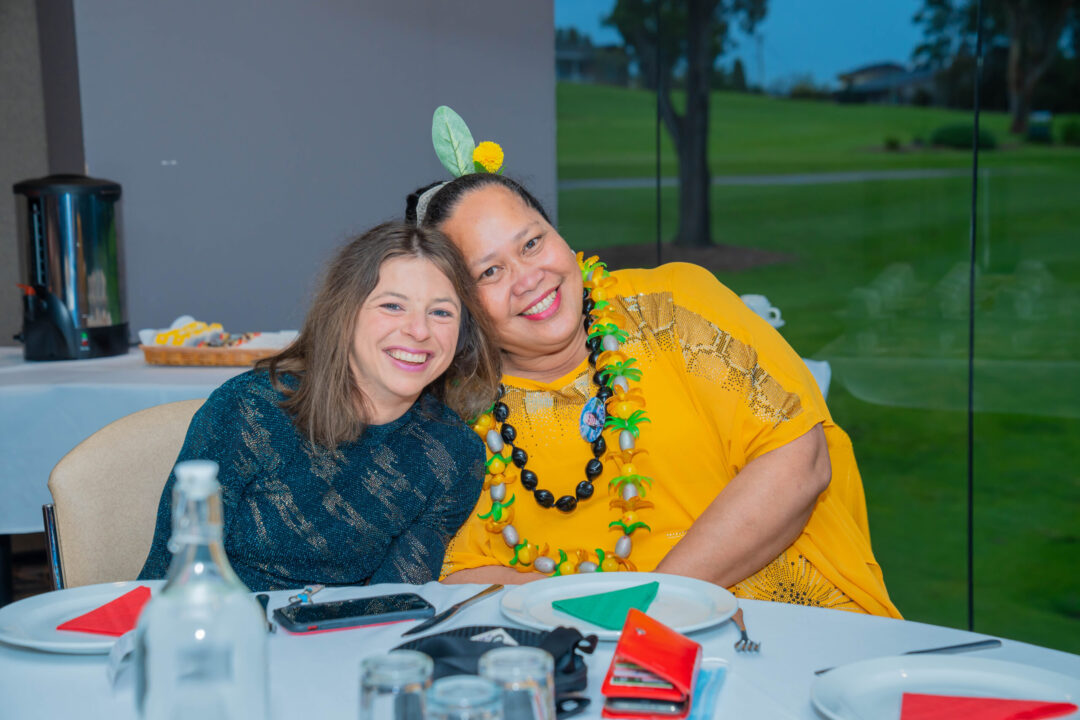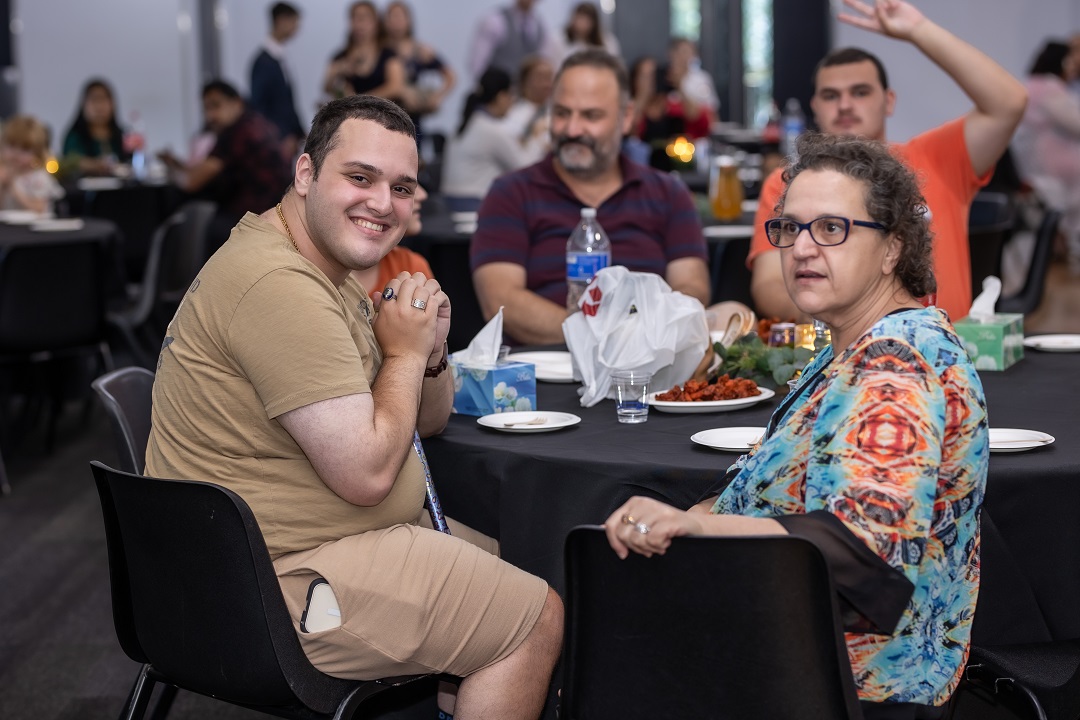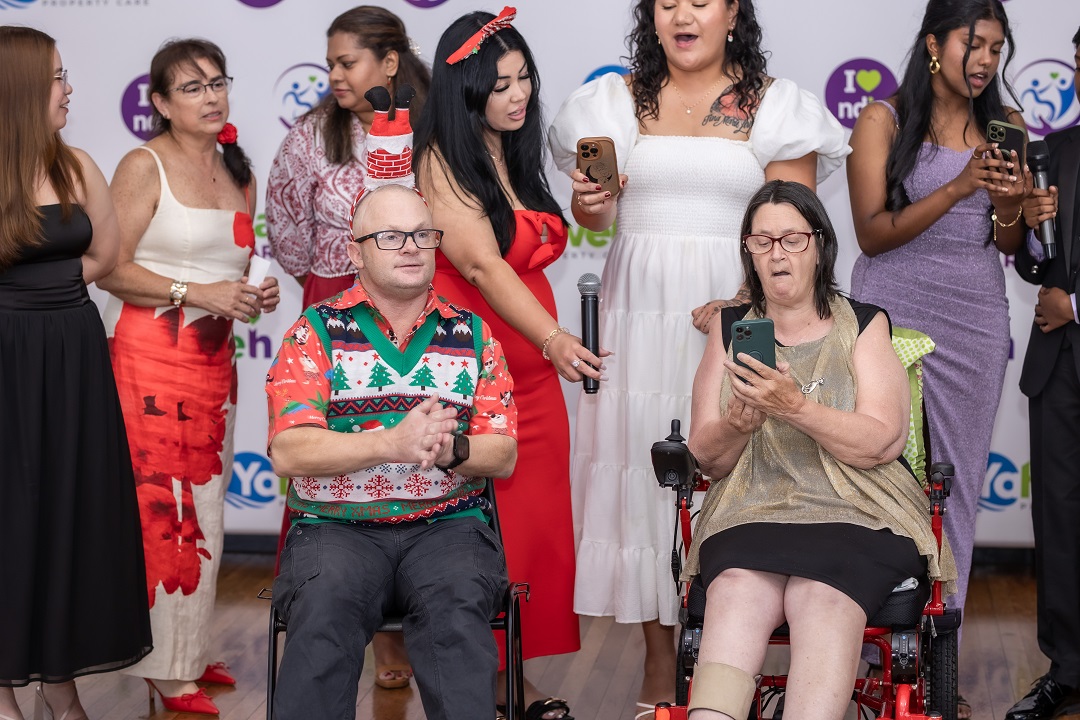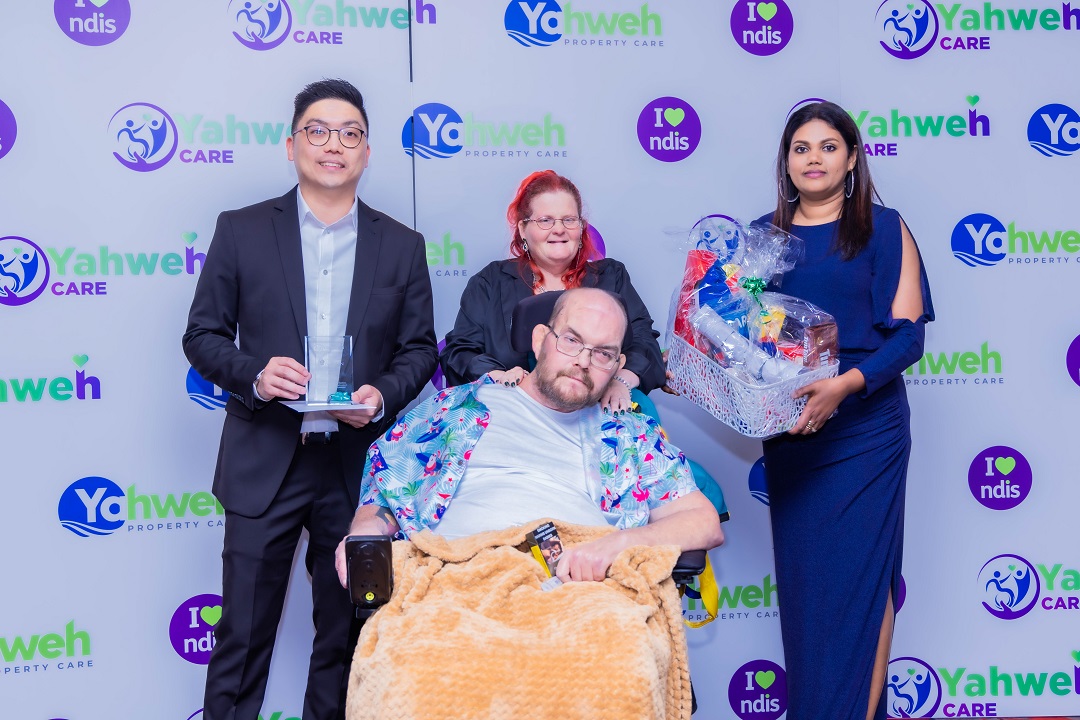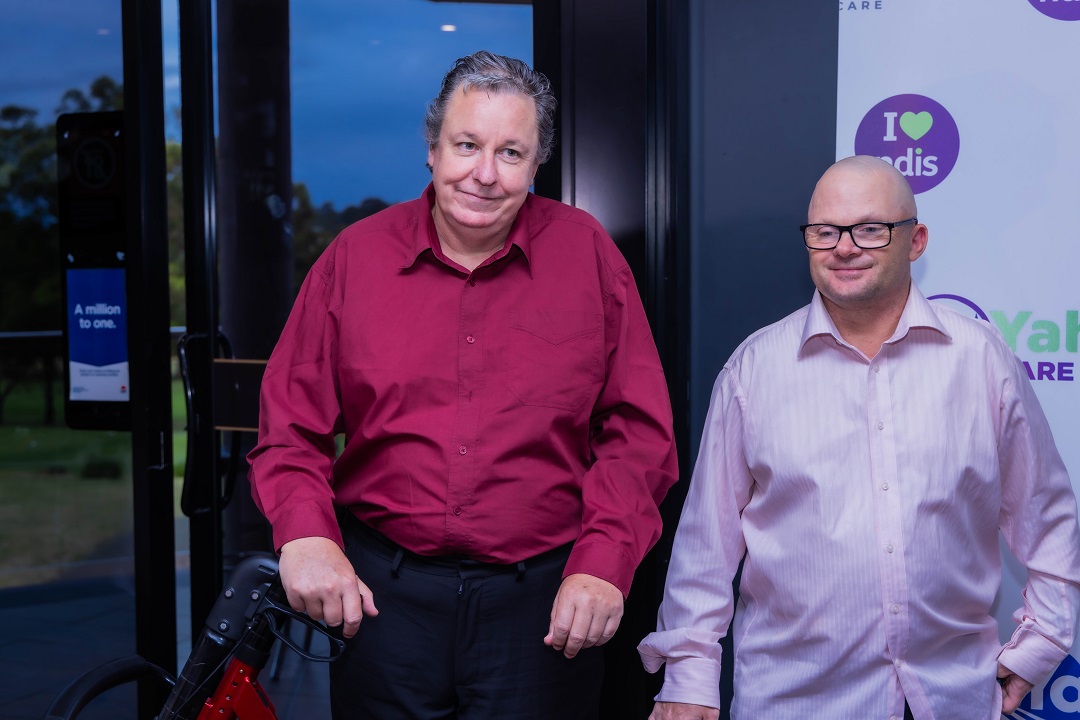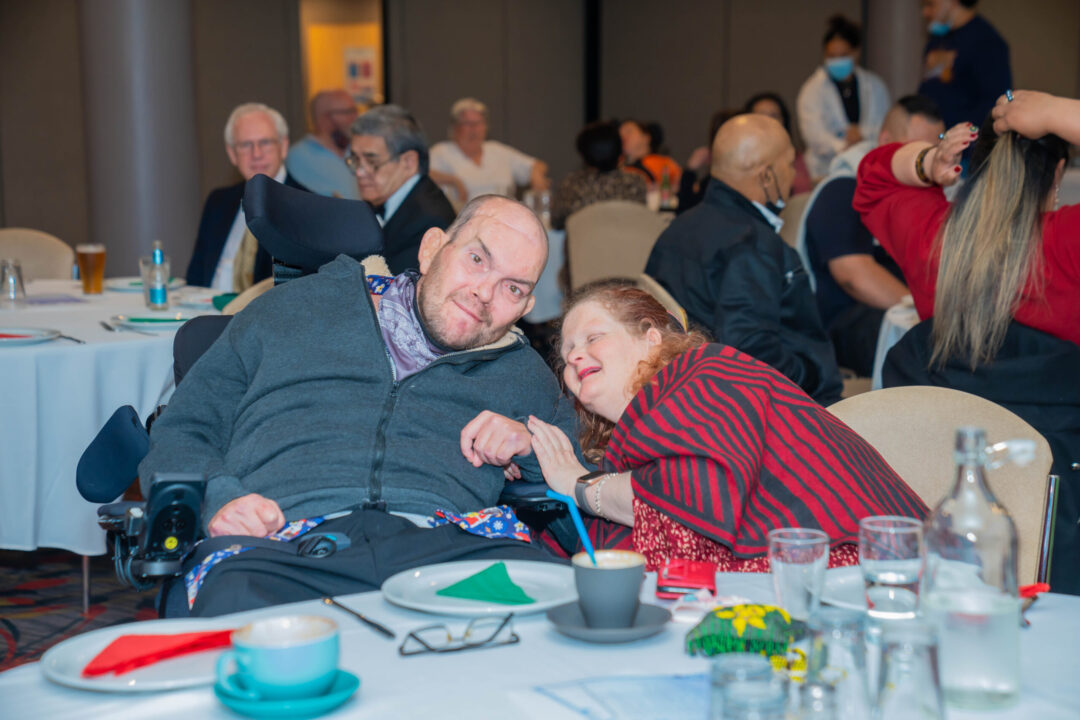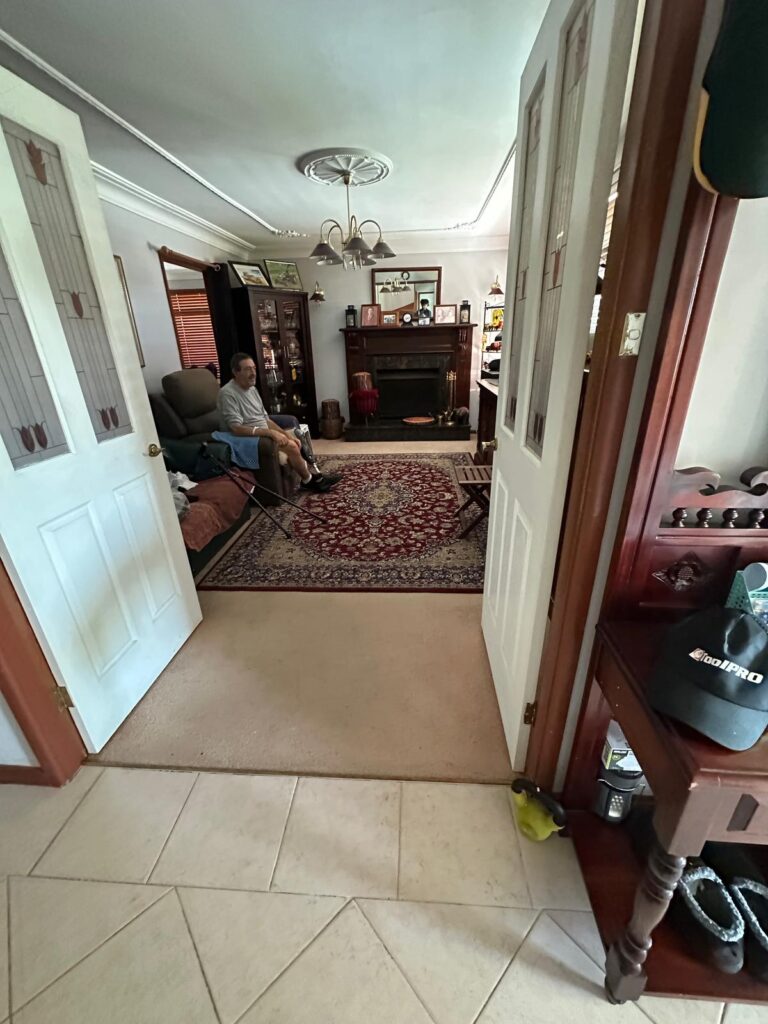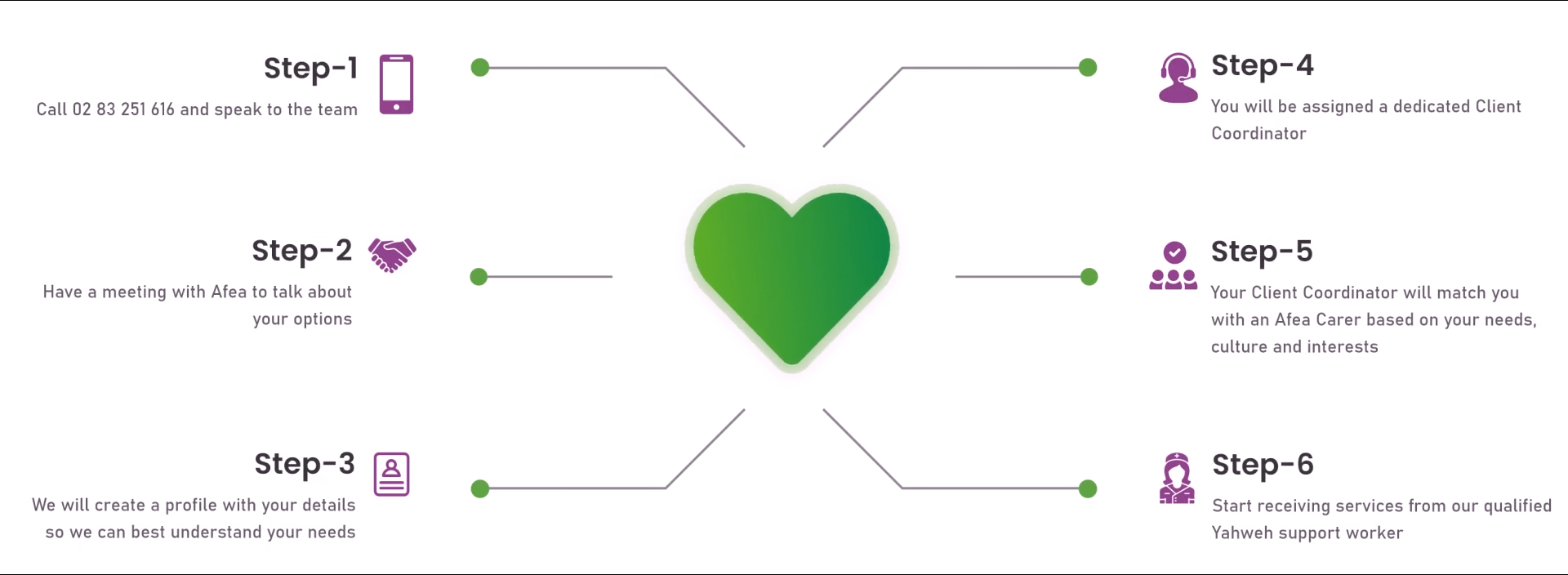What is the importance of NDIS access services, and how does it impact community participation?
If you’re living with a disability in Australia, the National Disability Insurance Scheme (NDIS) can deliver a range of services to help NDIS participants live more independently. These disability services focus on helping them connect with the community, build life skills, and access essential support. The key areas of support are NDIS Access Services and Community Participation.
Let’s break down what these terms mean and how they can help you.
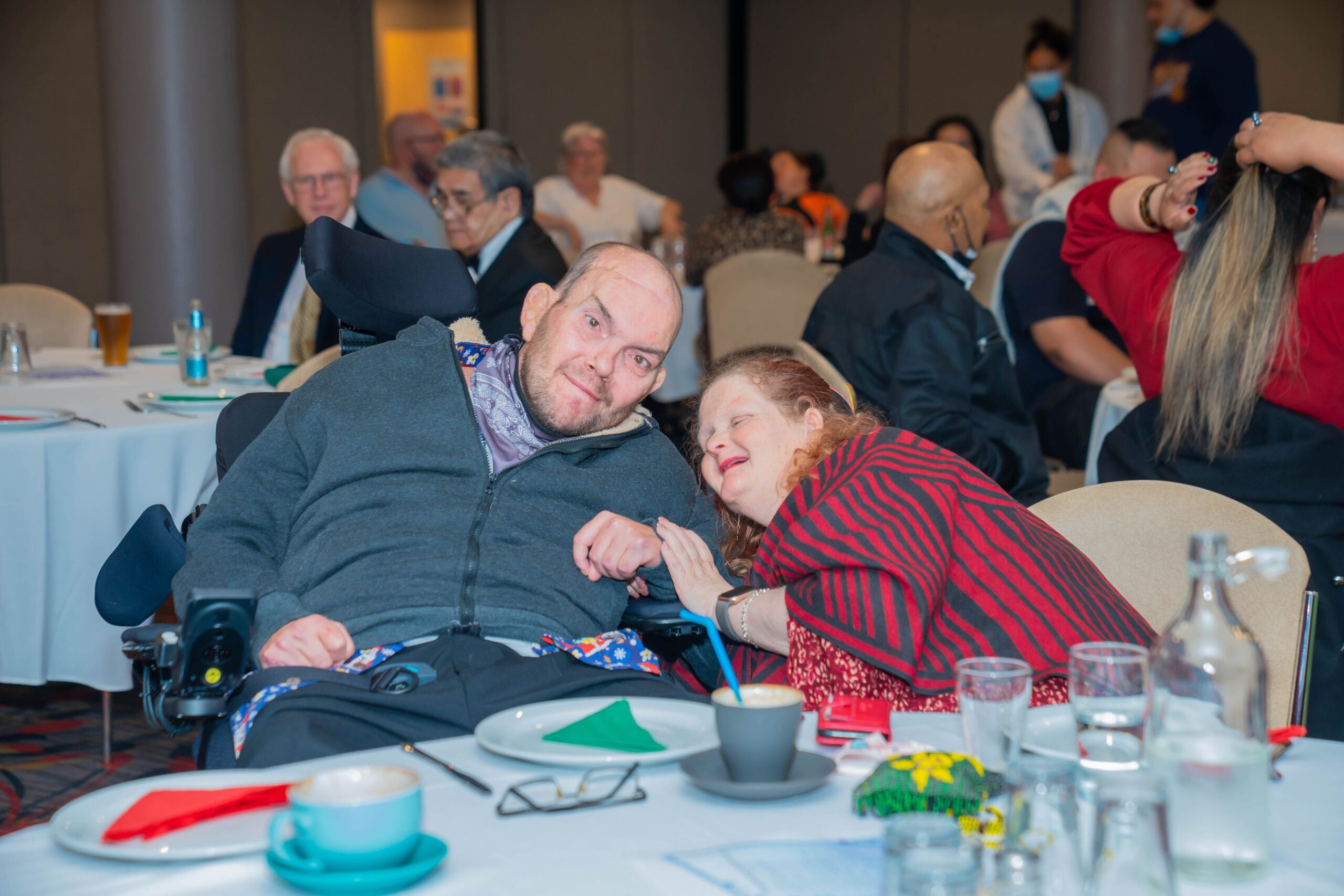
What Are NDIS Access Services?
NDIS Access Services help you get the supports you need to live your daily life. It’s about ensuring you can access services without unnecessary stress or barriers. It gives you the opportunity to get around your community. Access services don’t just stop at giving you information. They give you real, hands-on help so you can use your NDIS plan the way it’s meant to be used.
Common Access Support You Might Get:
- Help with booking and attending medical appointments after assessments
- Support with applicable transport arrangements
- Help to find and work with NDIS-approved providers
- Help with understanding your NDIS funding categories
Your access needs may change over time, and that’s normal. Your support can be adjusted based on your current needs.
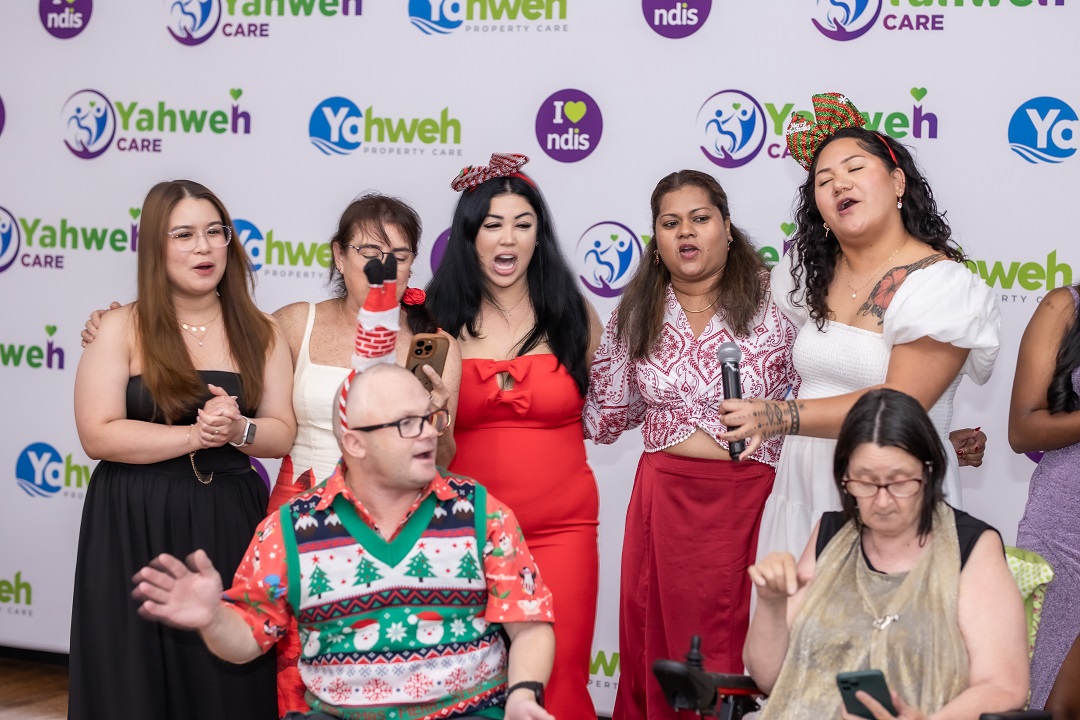
Community Participation: What It Really Means
Community participation means actively participating in social, recreational, or cultural activities that matter to you. It’s about building connections, learning new skills, and feeling part of your community. This support helps you do things you enjoy with confidence and independence. It’s about you having the same chances as everyone else to connect, belong, and contribute.
This can cover:
- Joining local clubs or groups in your area
- Going to community events and social gatherings
- Volunteering in local libraries and community centers
- Attending classes or workshops
- Trying a new sport or hobby with friends
It’s not just about having fun (although that’s part of it). It’s also about growing your confidence, learning new skills, and building meaningful relationships.
Why These Services Matter
NDIS Access Services and Community Participation support breaking down barriers. They make it easier to:
Build Routines
Building routines is t creating a consistent structure in your daily life that helps you stay organised and independent. It can include things like morning habits, setting up regular appointments, or scheduling weekly activities you enjoy. Routines give you a sense of control and make everyday tasks easier to manage.
Stay Socially Connected
Its main goal is to keep in touch with people who matter to you, such as your friends, family, support workers, doctor, or community groups. Regular social interaction helps reduce solitude, boosts overall emotional and mental health, and gives you a sense of belonging. It can also build your confidence and communication skills.
Feel Included
Feeling included means being supported and valued in your community, just like anyone else. It’s about hearing and having the same opportunities to participate, contribute, and be heard as a person. Inclusion helps you feel respected and confident in who you are.
Live With More Independence
Living with more independence is having the freedom to make your own choices. It is about managing your daily life with less reliance on others. It could be anything from traveling alone to handling personal tasks or joining activities you enjoy. Independence builds your confidence and helps you take control of your future.
You need to remember that you’re not just surviving; you’re building a meaningful life in different ways.
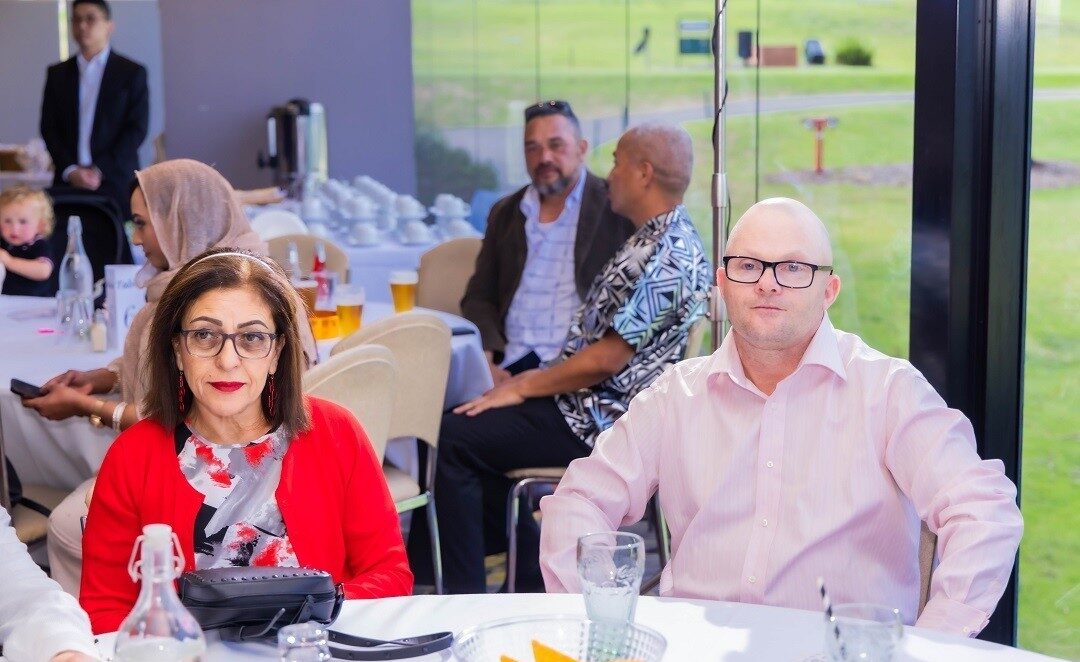
How to Access the NDIS Support
Set Clear Goals in Your Planning Meeting
Setting clear goals in your planning meeting helps ensure your NDIS plan matches what you truly want. Clear goals guide your funding and complete support so you get the help that fits your life. In this case, uou have to be specific and say exactly what you’d like to achieve, like learning a skill, joining a group or organisations, or becoming more independent. For example, “I want to meet new people” or “I want to try swimming.”
Ask For Increased Social and Community Participation Funding
Ask for Increased Social and Community Participation funding if you want support to join activities, build skills, or connect with others. This funding helps cover the cost of support workers, transport, or activity fees so you can get involved confidently. Let your planner know what you’d like to do—like taking a class, trying a new hobby, or attending events.
Talk About Access Barriers You Face in Everyday Life
As an NDIS participant, you have to openly discuss access barriers you encounter in everyday life so your NDIS plan can be tailored to your genuine needs. This supporting evidence might include difficulty using transport, communicating with others, or entering community spaces. Being honest about these challenges helps you get the right support to overcome them.
Make Sure Your Plan Reflects Those Needs
A well-matched plan gives you the tools to live more independently and confidently. Therefore, always ensure the NDIS support and funding match your daily challenges and goals. If something important is missing, speak up and talk to your local area coordinator (LAC) during your planning, meetings, or review.
Tips to Get the Most from Your Disability Supports
- Be specific about what you want to do
- Don’t wait, and start using your completed support early
- Try different activities until something clicks
- Keep notes on what works and what doesn’t
- Review your plan regularly with your LAC
Your Life, Your Way
NDIS Access Services and Community Participation give you the tools to take control of your own life. Whether that means building your independence, trying something new, or simply understanding your consent and options more, you have support.
Certainly, with the right support, you can thrive. Remember that the NDIS support is flexible. So whenever your needs change, your plan can change as well.
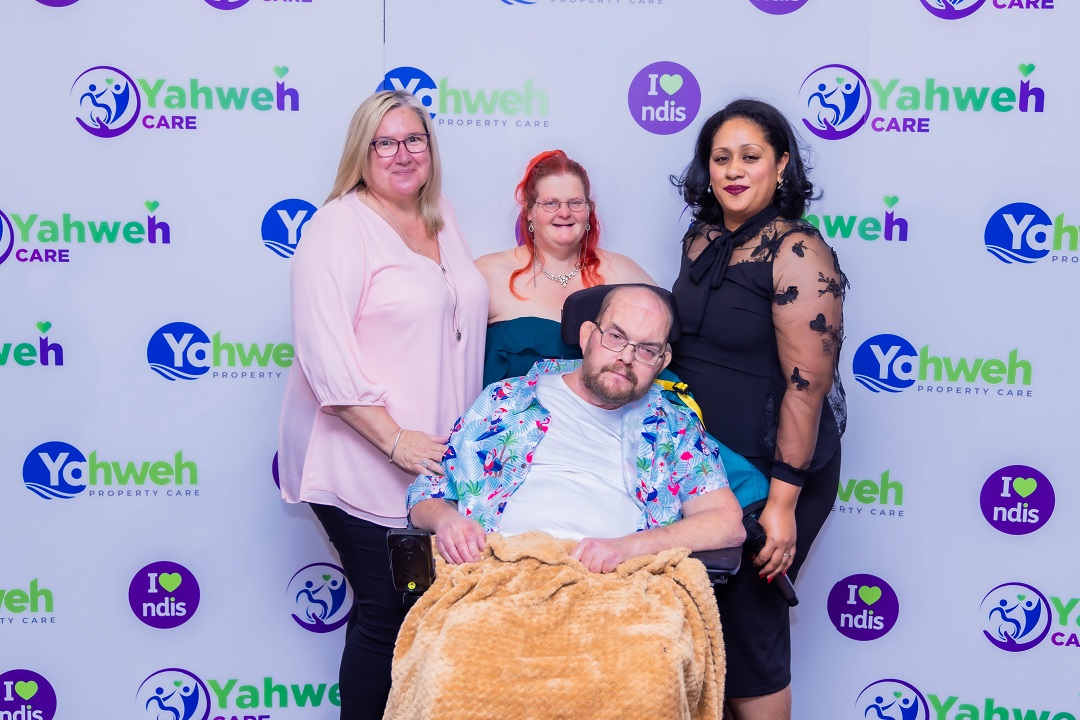
Conclusion
NDIS Access Services and Community Participation refer to the essential parts of your plan. Their focus is to provide you with purpose and connection so you can live your life independently.
You don’t need to figure it all out at once. You can start small and choose one goal. It is essential to take one step at a time. Know if your eligible, no issues with your age and residency status, so you can seek for the support.
From building routines to joining local activities, these services help you grow, engage, and feel truly included. But the right support makes all the difference.
At Yahweh Care, we’re here to listen and walk that journey with you.
We offer personalised, respectful support that focuses on your goals, choices, and progress. Whether you need help navigating your plan, providing evidence, getting out into the community, or building life skills, our experienced team is ready to help you make it happen, your way.
On behalf of Yahweh Care, we want you to take the next step.
Contact us today. Visit our website page and we will provide information and resources to understand the right service you need. We will help you discover how we can support you to live more independently, feel connected, and thrive in your community, too. Moreover, you may download an access request form and understand the access requirements.
Your life. Your goals. Our support.
